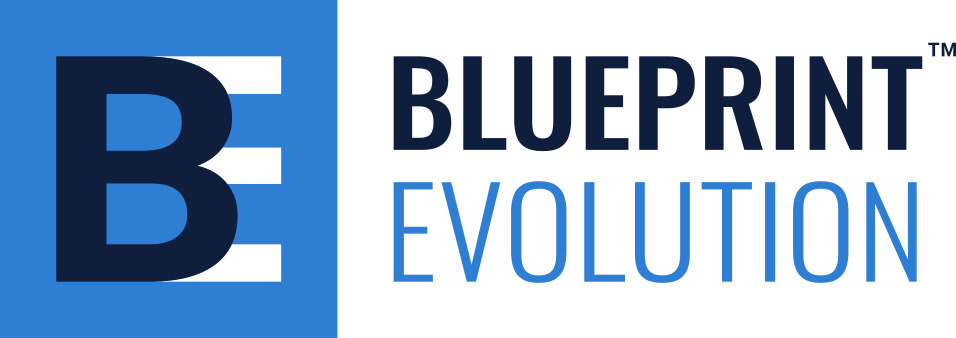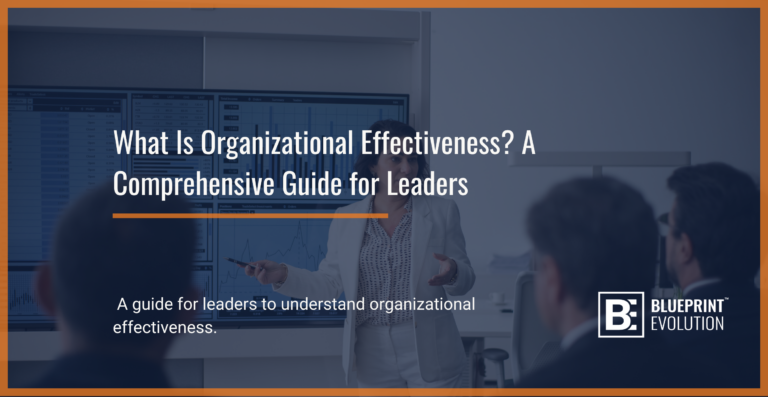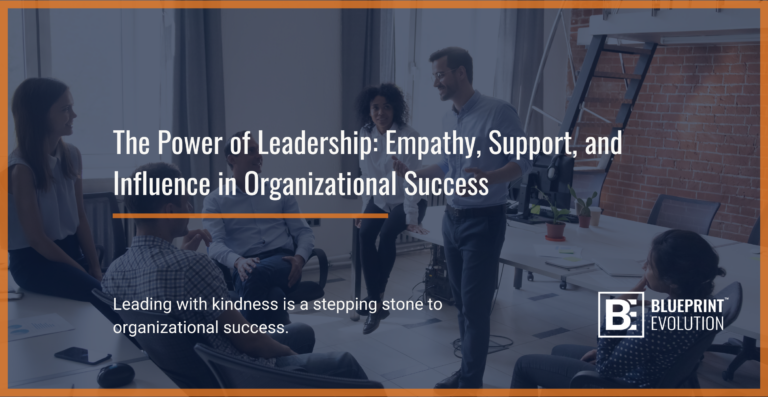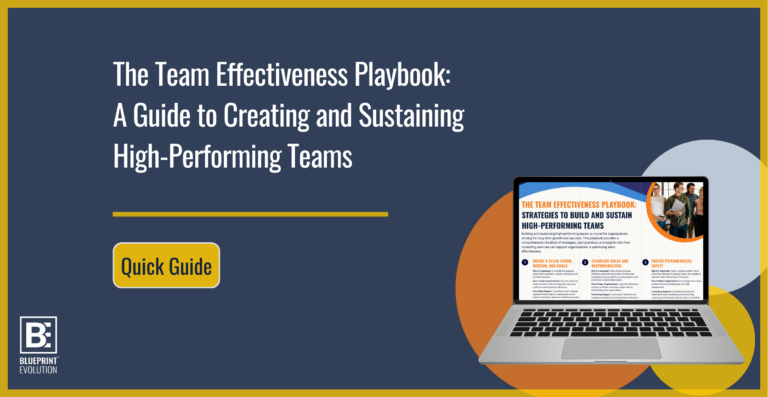Unlock the Power of Effective Communication and Collaboration
Effective communication and collaboration are essential for organizational success. At Blueprint Evolution, we recognize that robust communication channels and collaboration mechanisms are vital to your organization. When these elements are functioning well, they facilitate smooth information flow, expedite decision-making, and strengthen interdepartmental relationships. Conversely, inefficiencies in these areas can lead to misunderstandings, delays, and missed opportunities.
Why Communication and Collaboration Matter
Organizations that enhance their internal communication experience a 20-25% boost in productivity. Moreover, companies with effective collaboration practices are five times more likely to be high-performing.
By evaluating your current communication and collaboration structures, we can pinpoint gaps and inefficiencies that may be hindering your organization. Our thorough approach ensures alignment among team members, leading to improved problem-solving, more innovative ideas, and a more agile, responsive organization.

The Blueprint Method
- Increased Coordination: Clear communication ensures that everyone understands their roles and responsibilities, resulting in smoother operations and fewer bottlenecks.
- Strengthened Relationships: Effective collaboration builds trust and camaraderie among team members, fostering a more cohesive and motivated workforce.
- Reduced Misunderstandings: Enhancing information sharing minimizes the risk of errors and miscommunications, reducing the potential for costly mistakes.
- Agility and Innovation: A collaborative culture encourages creativity and idea exchange, driving innovation and enabling your organization to adapt swiftly to changes.
- Enhanced Performance: Improved communication and collaboration lead to better decision-making, quicker problem resolution, and a significant boost in overall organizational performance.

- Structures & Roles
-
Examining the organizational structure and defining roles and responsibilities is crucial for organizational effectiveness because it ensures that departments, teams, and individuals are optimally organized and interact efficiently. Clarifying roles and improving the structure enhances coordination, streamlines workflows, and optimizes performance. This alignment helps prevent confusion, reduces redundancy, and ensures that all parts of the organization work cohesively towards common goals, ultimately improving overall productivity and effectiveness.
- Processes & Workflows
-
Evaluating and designing efficient processes and workflows is essential for organizational effectiveness because it directly impacts productivity and operational efficiency. Analyzing how work is carried out, identifying bottlenecks, and streamlining procedures helps to eliminate redundancies and improve coordination. This optimization enhances overall efficiency, reduces errors, and accelerates achievement of organizational goals, leading to better performance and competitive advantage.
- Culture & Values
-
Assessing the organizational culture and values is vital for organizational effectiveness because it influences the workplace environment and employee interactions. Understanding the shared beliefs, behaviors, and values that define the culture helps ensure alignment with organizational goals and fosters a positive work atmosphere. A strong, cohesive culture enhances employee engagement, drives collaboration, and supports retention, ultimately contributing to improved performance and achieving strategic objectives.
- Communication & Collaboration
-
Examining communication channels and collaboration mechanisms is crucial for organizational effectiveness as it affects the flow of information and decision-making processes. Assessing these elements helps uncover gaps or inefficiencies in how teams and departments interact. Effective communication and collaboration improve coordination, strengthen relationships, minimize misunderstandings, and create a more agile organization, ultimately enhancing problem-solving, driving innovation, and boosting overall performance.
- Performance Metrics & Evaluation
-
Establishing and evaluating key performance indicators (KPIs) is crucial for organizational effectiveness because it provides a quantifiable measure of performance against set goals. Setting benchmarks and monitoring progress help track achievements and identify areas for improvement. Regular reviews of performance ensure that the organization stays aligned with its objectives, enabling timely adjustments and driving continuous improvement for better outcomes.











